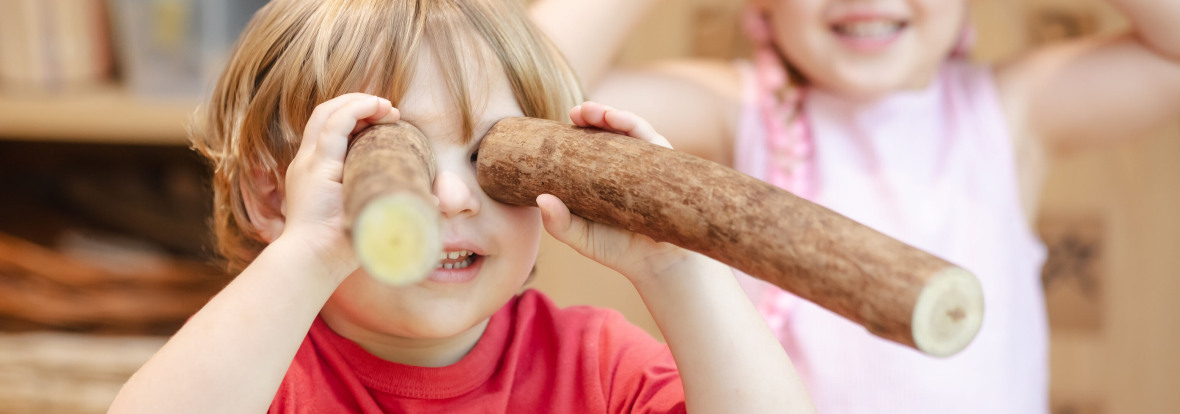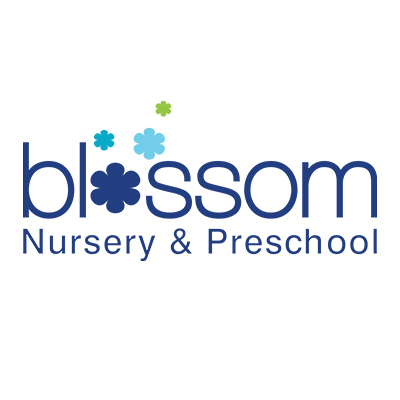Pregnancy to Baby's First Year: Nurturing Beginnings with Love, Bonding & Brain Growth

From the moment of conception, a magnificent orchestration begins, one that science has only recently started to fully understand. During pregnancy, a baby’s brain begins to take shape at astonishing speed, forming up to 5,000 neurons per second. The heartbeat starts by the fourth week, and by the fifth month, most neurons are already formed. What happens during these months is not just biological, it is profoundly emotional, relational, and foundational to lifelong wellbeing.
Neuroscience now confirms what love has always known: the bond between a parent and child, especially from pregnancy to the baby’s first year, is the bedrock of healthy brain development. The womb is not a silent place. Babies hear the rhythm of their mother’s heart, the melody of her voice, and even the sounds of the world beyond. This sensory experience begins to shape their emotional memory, long before their first breath.
After birth, this foundation continues. A baby’s brain grows to nearly 80% of its adult size by the age of two. Every cuddle, every gaze, every soothing word helps build the neural architecture of trust, resilience, and joy. The science is clear: nurturing touch, predictable routines, and warm interactions foster secure attachments, and with them, the child’s ability to learn, love, and thrive.
Tips for Home:
- Talk and sing to your baby—even during pregnancy. Your voice builds early emotional bonds and language pathways.
- Practice skin-to-skin contact. It regulates baby’s heartbeat, temperature, and builds secure attachment.
- Follow your baby’s rhythm, not a rigid schedule. Responsive care strengthens trust and reduces stress.
- Keep stimulation natural and calm. Avoid screen exposure and overstimulation—babies thrive with eye contact, soft light, and gentle sounds.
- Make routines predictable. Regular bath times, sleep routines, and feeding create safety and confidence.
At Blossom Nursery & Preschool, we understand the gravity and beauty of this window.
That’s why our practice begins with respect and empathy from day one.
We welcome babies as young as 45 days, and every one of our spaces is thoughtfully designed to support brain development, through calming visuals, responsive caregiving, and sensory-rich experiences.
Our educators are trained in focusing on what really matters in the early months:
- Responsive routines that adapt to each baby’s cues
- Freedom of movement, no restrictive seats or artificial stimulation
- Soft lighting, natural materials, and a low-stress environment that mirrors the feeling of home
- Gentle narration during care moments to promote language and emotional understanding
- Skin-to-skin opportunities during settling-in, and strong partnerships with parents to co-create continuity of care
We also understand that the parent’s journey matters too. That’s why we offer support well beyond drop-off and pick-up. Through the LittleLives app, we maintain meaningful communication. You’ll receive updates, photos, and videos, windows into your baby’s world. But more importantly, our teams are here to listen, guide, and walk alongside you in this beautiful and sometimes overwhelming phase of life.
We know that secure attachment is the most powerful tool in education. That’s why we prioritize emotional connection before anything else.
But we must also be mindful. Toxic stress, caused by neglect, fear, or lack of connection, can disrupt the brain’s architecture. On the other hand, a secure attachment, with consistent and loving care, builds resilience and promotes healthy emotional and cognitive development.
So, what can we do?
We can nurture with intention. Respond with sensitivity. Allow babies to explore safely. Provide rich sensory experiences. And above all, we can bond, deeply and often.
At Blossom, this is our daily mission. We don’t just care for babies, we nurture brains, build bonds, and create a village where every child, and every family, can bloom.
In this first year, your love is not just felt. It is wired into your child’s brain. What an incredible gift.
Together, let us champion nurturing beginnings, with love, with presence, and with the understanding that brain growth is not just a biological miracle, but a human right.











Blossom Nursery
June 24, 2025